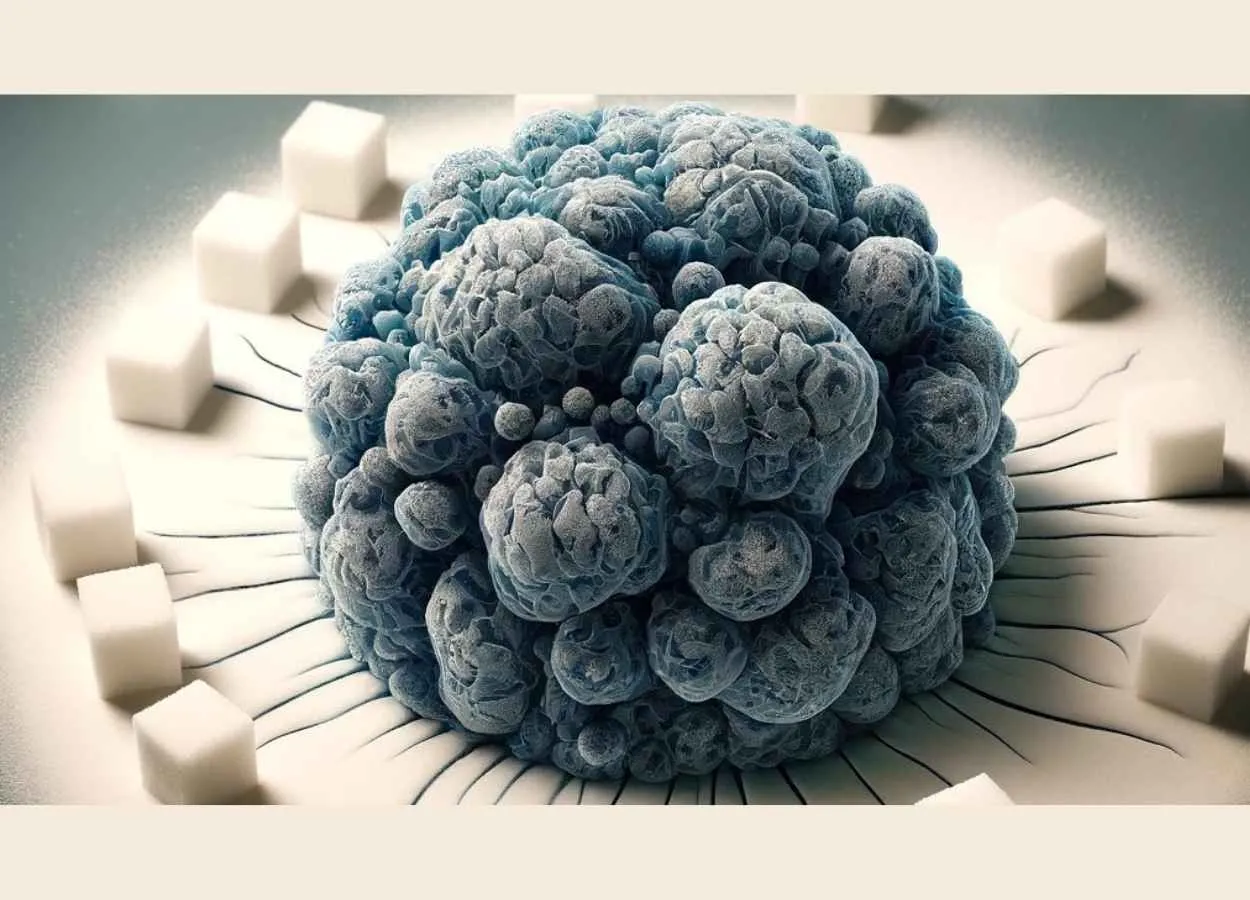Understanding the Link Between Diet, Metabolism, and Cancer Risk
Hey there! Check out this fascinating study shedding light on how our diet and metabolic health might influence cancer risk. Researchers from Singapore and the UK have uncovered a new mechanism that temporarily disables a gene called BRCA2, known for protecting against tumors, when there are changes in glucose metabolism.
The Discovery: A Deeper Connection
Led by cancer pharmacologist Li Ren Kong from the Cancer Science Institute of Singapore, the team aimed to explore factors that elevate cancer risk in susceptible families. But what they found was much bigger—a link between glucose metabolism and cancer development.
Challenging Established Theories
This discovery challenges the long-established ‘two-hit’ paradigm by showing that even one faulty copy of the BRCA2 gene can increase cancer vulnerability, particularly when exposed to environmental stresses like toxins.
Unraveling the Mechanism
The team discovered that high levels of methylglyoxal (MGO), a byproduct of glucose metabolism, can temporarily disable BRCA2’s tumor-suppressing functions. This leads to DNA mutations associated with cancer development.
Implications for Prevention and Detection
The findings suggest that poor diet and uncontrolled diabetes, which elevate MGO levels, could heighten cancer risk over time. This insight could lead to proactive measures for cancer prevention or early detection, such as using HbA1C blood tests to detect MGO levels and controlling them with medication and diet.
Conclusion
While the study is based on lab tests and small human tissue samples, further research is needed to explore the links between dietary factors, diabetes, and cancer risk on a larger scale. Nonetheless, this discovery opens new avenues for understanding and potentially mitigating cancer risk through lifestyle interventions.















































